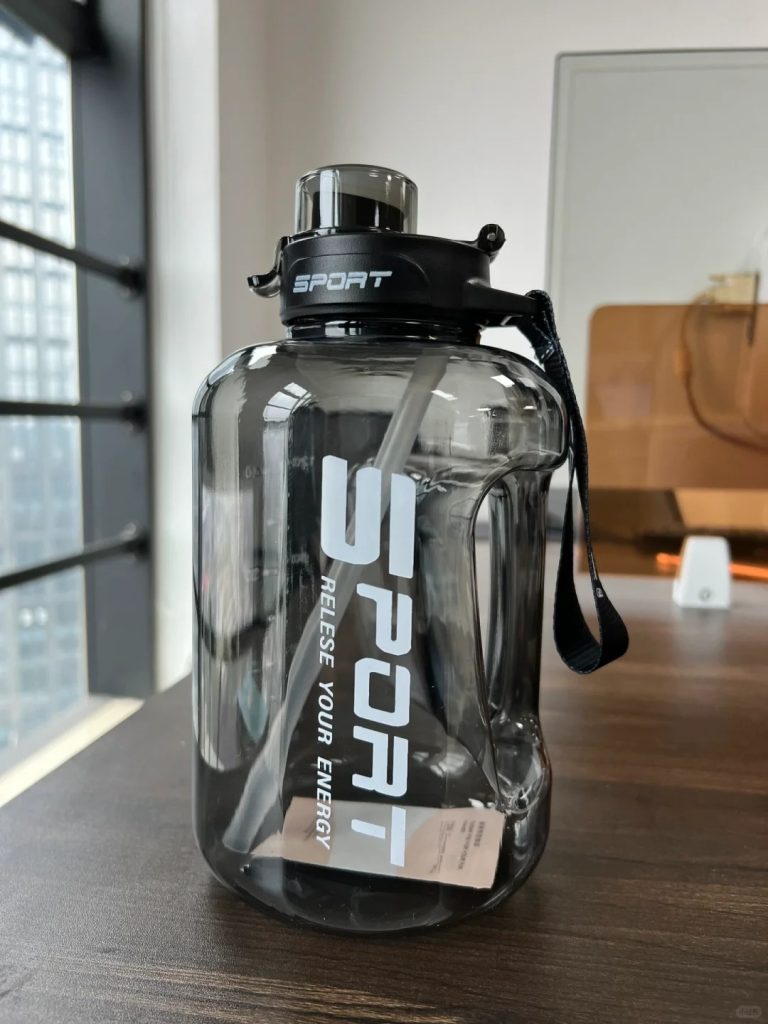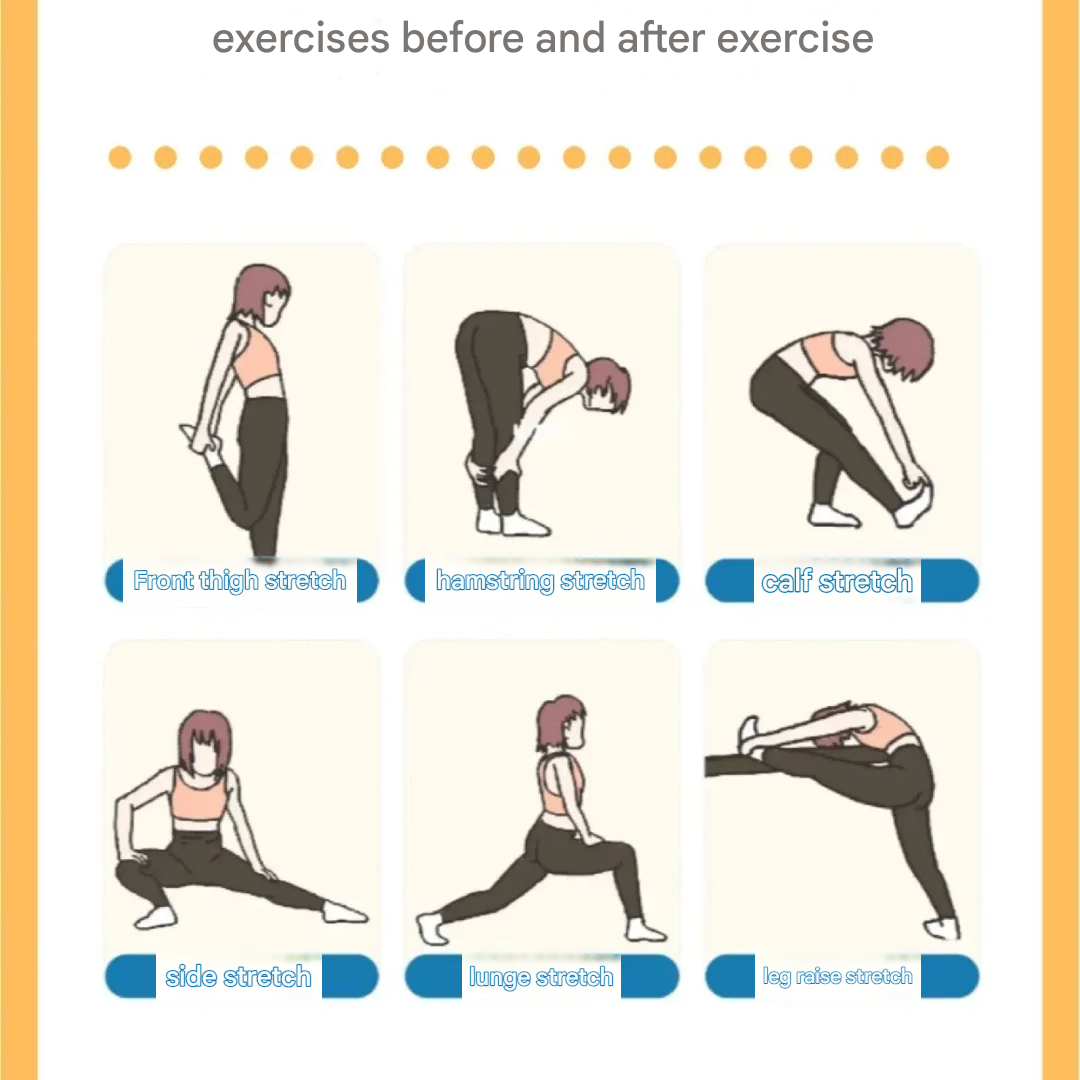Recovering after a workout is just as important as the exercise itself. A proper post-workout recovery routine helps your body repair, rebuild muscles, and prepare for the next session. Whether you’re a beginner or an experienced athlete, these post-workout recovery tips will help you get the most out of your fitness routine.
Why Post-Workout Recovery Matters
Post-workout recovery plays a crucial role in enhancing your performance and avoiding injuries. After intense exercise, your muscles experience small tears. During the recovery process, these tears heal, and muscles grow stronger. If you neglect recovery, you might suffer from overtraining, fatigue, or even muscle injuries. That’s why following the right post-workout recovery tips is essential.
1. Hydrate Properly
One of the first steps in recovery is replenishing lost fluids. During a workout, you sweat out water and electrolytes, which can lead to dehydration. Drinking water helps restore balance, and adding an electrolyte-rich drink can further aid in replenishment. Staying hydrated also aids in muscle function and reduces cramping. Aim for at least 500ml of water right after your workout, and continue hydrating throughout the day.


2. Replenish with Protein
Protein is essential for muscle repair. Consuming a protein-rich snack or meal after exercise provides the building blocks necessary to rebuild muscle tissue. Post-workout recovery tips suggest that you should consume protein within 30 minutes to two hours after a workout. Some great sources include lean meats, eggs, tofu, and protein shakes.


3. Stretch and Cool Down
Taking the time to stretch and cool down after a workout is essential for reducing muscle stiffness and improving flexibility. Light stretching helps to release tension and increase blood flow to your muscles, which accelerates the recovery process. Focus on areas that were heavily worked, such as your legs, back, and shoulders. A proper cool-down also helps bring your heart rate down and aids in mental recovery.

4. Get Enough Sleep
Sleep is your body’s natural recovery tool. When you sleep, your body works to repair muscle tissue, and growth hormones are released to aid in recovery. Aim for 7-9 hours of quality sleep per night. Consistent sleep patterns contribute significantly to faster recovery and better overall performance.

5. Use Foam Rolling for Muscle Relief
Foam rolling is an effective way to reduce muscle soreness and improve flexibility. It targets muscle knots, releasing tightness and improving circulation to the muscles. Foam rolling is an excellent tool for enhancing post-workout recovery, as it helps alleviate delayed onset muscle soreness (DOMS) and promotes faster healing.



6. Consider Active Recovery
Active recovery involves doing low-intensity exercises on your rest days, such as walking, swimming, or light cycling. This helps to keep your blood flowing, reducing muscle tightness and speeding up the removal of toxins. Active recovery also reduces the risk of stiffness and helps you stay mobile between workouts.


7. Proper Nutrition Is Key
Along with protein, consuming a balanced meal with carbohydrates and healthy fats after your workout is crucial. Carbohydrates help replenish glycogen stores, providing energy for the next workout. Healthy fats, like those found in avocados and nuts, support cellular health and reduce inflammation. Eating a well-rounded meal within two hours of exercising helps accelerate muscle recovery.


Conclusion: Speed Up Recovery and Improve Performance
Incorporating these post-workout recovery tips into your routine can help you recover faster, improve performance, and prevent injuries. From staying hydrated to getting enough sleep, each step supports muscle repair and overall fitness. Focus on recovery to enhance your strength, flexibility, and long-term results!

